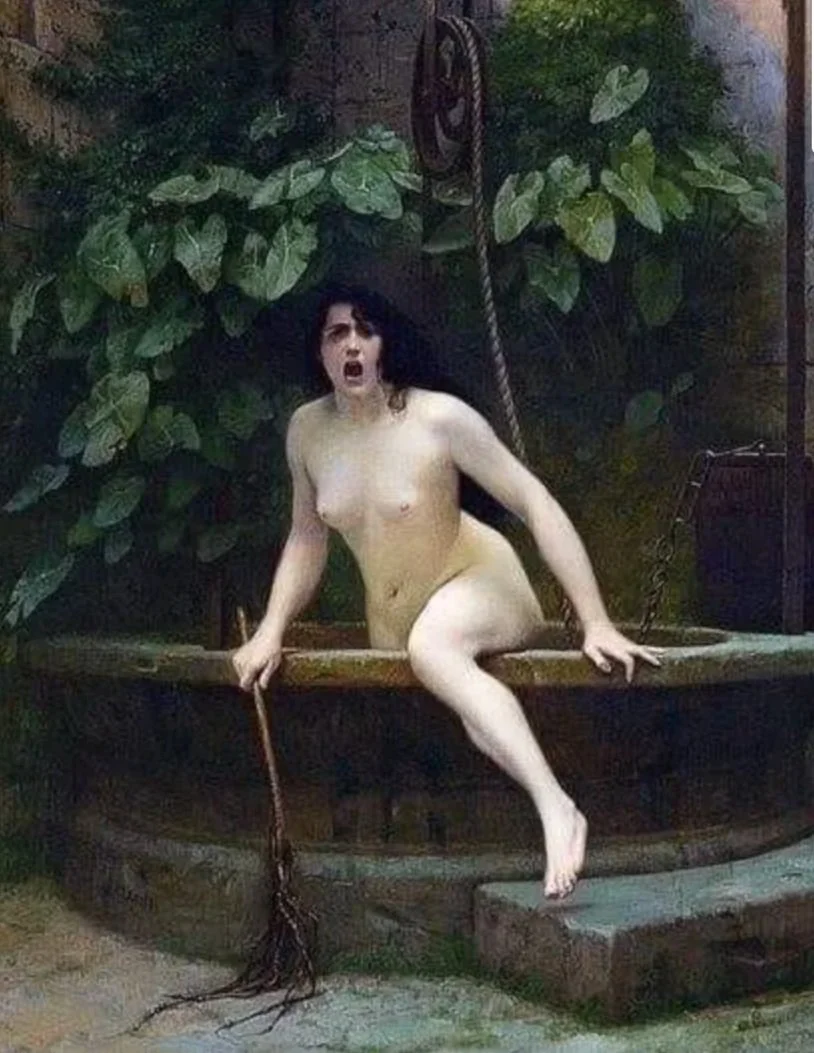Truth, Honesty, & Lying
What do they mean in our relationships?
Up until my late tweens, I lied frequently and often. I lied about all sorts of things but my favorite lie was one I told often about an ill fated day at the beach. Anytime I was able, I would tell of the fictitious time I unknowingly floated all the way to another beach on my boogie-board. Telling this fib felt harmless and provoked a lot of giggles and interest from otherwise dismissive tween girls - so what’s the big deal, I thought. Though, honestly, that didn’t happen (I was scared of the ocean) and I was lying. It just made me feel accepted and seen as a middle school girl.
I eventually grew out of sharing tall tales. I guess I found friendships where I felt accepted without the dramatic effect. However, I recently listened to an episode of the “We Can Do Hard Things” podcast that reframed the question of “Do you lie?” to “How and why do you lie?” The hosts questioned if there is anyone you can be completely honest with and how we create an algorithm of honesty.
Truth and honesty are words, or concepts, really, that arise often in my work. I often wonder, what happens when we lie? What is truth? When we ask people to tell the truth and we aren’t satisfied with the answer, are we really just denying someone of their experience? Or, assuming our truth is of greater standing? Perhaps even deeper, does their truth invalidate my own? The questions are endless. And, if you’re like me, the answers to these questions feel as subjective as the people asking them.
Curiously, I took to instagram to poll my followers on their thoughts. One follower sent over th 19th century legend of Truth and Lie.
In the legend, Truth and Lie bathe together in a well on a beautiful day. Suddenly, Lie leaps out of the well, puts on truth’s clothes, and runs away. Furiously, Truth steps out of the well, nude, to fetch her clothing - only to be met with contempt from bystanders, horrified by her nakedness. The naked Truth crawls back into the well to “satisfy the needs of society.” This legend is accompanied by Jean-Léon Gérôme’s 1896 painting, “The Truth coming out of the Well” pictured below.
My interpretation of the legend feels abstract. I agree that, among other things, we can be horrified by truth and that truth can feel taboo. To me, there are as many truths as there are humans existing on this planet. Our truth is a curated projection of our experiences and the meaning that we make out of them. Truth can be malleable and fluid.
Humans have debated each others truth since the beginning of time. Systemically, these debates occur with in religion, politics, human rights, etc. In my work, I often hear couples debate whose truth is “right” and whose is “wrong.” I hear individuals debate their truth within themselves. These debates create gridlock conflict, leaving people unsatisfied, invalidated, and sending some into righteousness.
In the therapy room, I find the pathway from righteousness into togetherness somewhere between all of our truths and all of our lies - I find it in honesty. To me, honesty is a reflection of what is happening on the meta level. Truth is the subjective meaning we decipher from it. Once we can name what is occurring in real time, we can create shared meaning and commonality around it.
Truth is as equally valid as honesty, one is not more “right” than the other. It is our responses to truth and honesty that create the opportunity for cohesiveness and separation.
Some relationships require honesty, some do not
Lying, or being dishonest, creates disconnection… most of the time. Some relationships do not thrive in pure honesty. For example, you may not tell your spouse you dislike the new shoes they’re really excited about. Or, in a mode of self-preservation, it may not be safe for the LGBTQ+ youth to be honest about their true self with in a homophobic community. Honesty exists on a spectrum.
Self-denial
When we live in dishonesty with ourself, it becomes quite difficult to be honest in our relationships. Unlike our relationships, we always have the opportunity to be honest with ourselves - in fact, it is imperative. Martha Beck, Harvard trained sociologist and renowned coach, says:
“The most intimate connection you form in your life is the one with yourself. Dishonesty in this relationship is at best counterproductive, at worst catastrophic”
When we lie to ourselves we are denying ourselves of the life meant for us. The easiest way to locate your denial is to locate your suffering. Maybe you’re suffering in your marriage, in your career, or in your friendships. Once you locate your suffering, Martha encourages people to ask themselves these questions to clear your denial:
What am I afraid to know?
What am I hiding?
What do I almost know?
What knowledge am I avoiding?
We have all participated in little (or big) forms of self-denial. When I consider all of the lies I told in my tweens, and even the ones I have shared in my adulthood, I can almost always locate a place of self-denial or dishonesty. If you are willing to be honest with yourself, your lies can be a direct pathway to your truth.
If you have any questions or comments on this post, I would love to hear your thoughts! I think this conversation is so interesting and ever expanding. Here is my email hello@coorself.com.
All my love,
Caroline
